With so many vitamins and mineral supplements out there, it can be tough to even figure out what is missing from your body and diet.
Most of us are so used to eating the same things on a regular basis, we probably don’t pay much attention to vital nutrients we may be neglecting over time. Indeed, plenty of women suffer from deficiencies in protein or iron, which affect our everyday lives in small ways that add up over time.
The same thing goes for not getting enough magnesium. According to the National Institutes of Health, “Magnesium, an abundant mineral in the body, is naturally present in many foods, added to other food products, available as a dietary supplement, and present in some medicines.”
In everyday language, its a mineral that’s essential for energy production, muscle and nerve function, bone strength, and a whole lot of other things that keep us happy and healthy.
Learn how to tell that you’re getting enough by keeping an eye out for certain signs.
1. Muscle Cramps
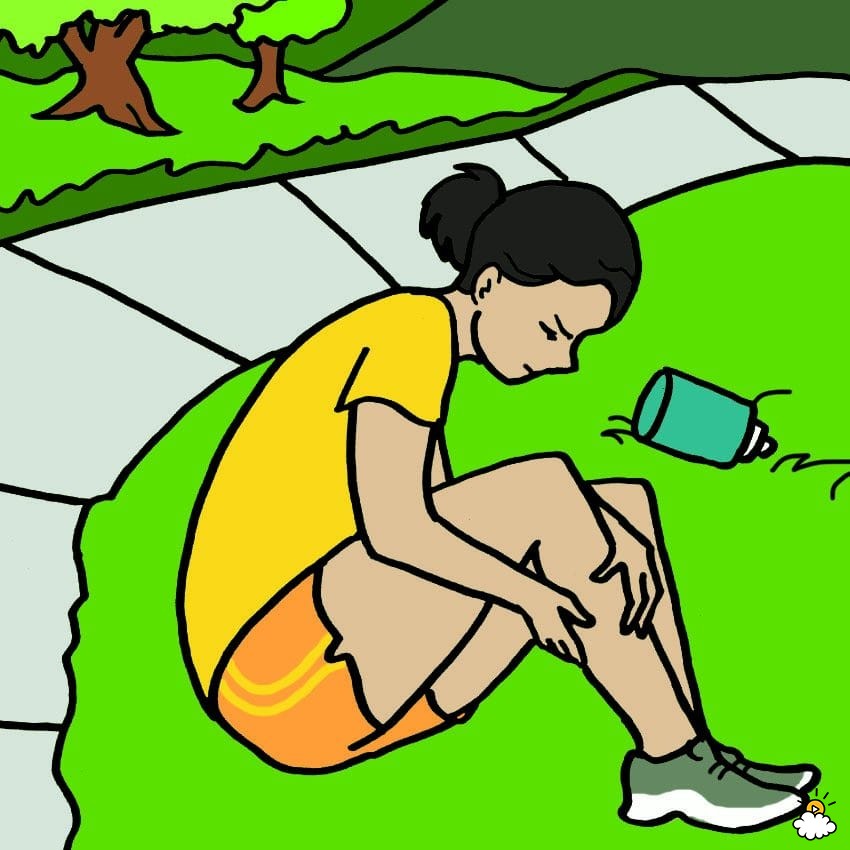
Muscle cramps are sharp and painful enough to stop anyone in their tracks.
The U.S. National Library of Medicine found that magnesium supplement helped to drastically reduce the occurrence of cramps through a series of trials.

This is especially true for women experiencing skeletal muscle cramps during pregnancy.
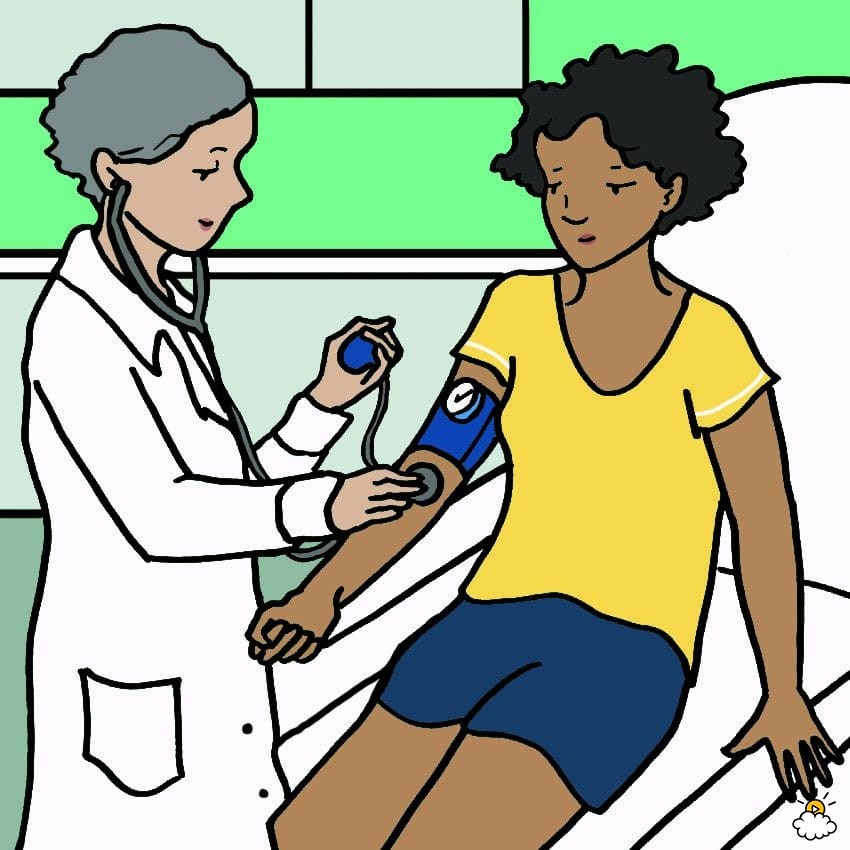
High blood pressure is an indication that your heart is working too hard.
According to the American Heart Association, a study found participants who took magnesium supplements recorded markedly lower blood pressure than those who didn’t.
The Association recommends it as a low-cost solution for high blood pressure.
3. Constipation
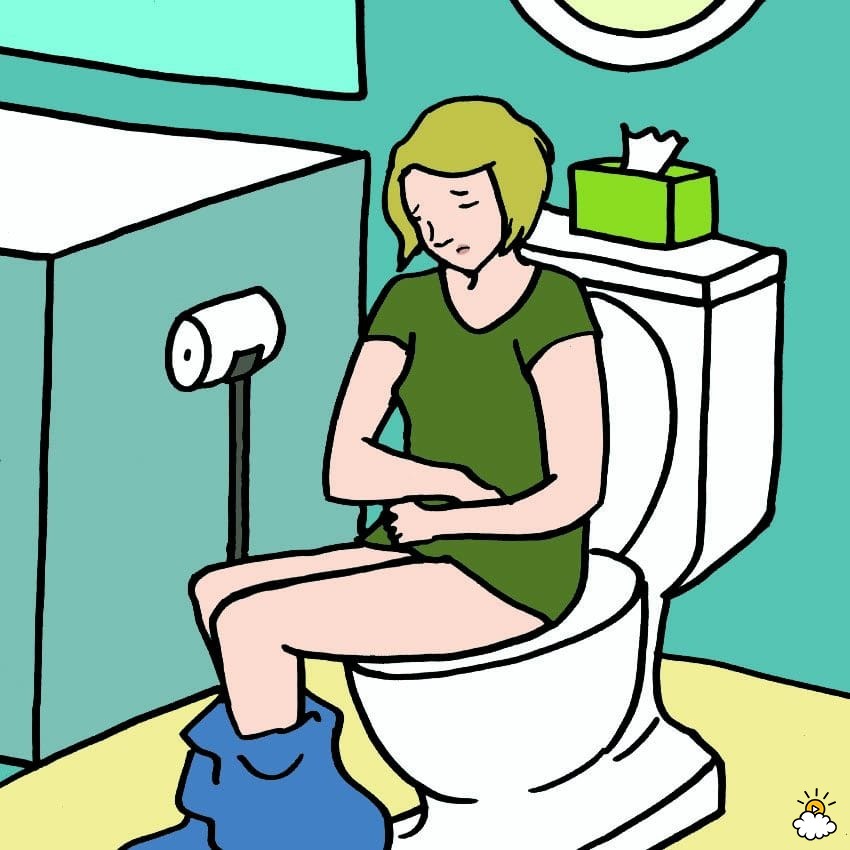
Your mind might go straight to fiber when you think about treating constipation, but magnesium is also a big player.
According to Health and Science, magnesium is so essential for many body functions that low levels can unhinge everything — including your bowel movements.
4. Anxiety

Feeling anxious is the worst, and anyone who has experienced its severity will try anything to fix it.
Amazingly, Psychology Today calls magnesium supplements the “original chill pill” because of the important role magsnesium plays in stress reduction.

In other words, stress eats up magnesium, so replenishing your body will help to calm you down.
5. Irregular Heartbeat

Magnesium helps to keep our heartbeats regular, which is why so many pharmacists prescribe magnesium supplements to help regulate a heartbeat, according to The People’s Pharmacy.
Your irregular heartbeat might not be anything more sinister than some missing magnesium from your body.
6. Trouble Sleeping
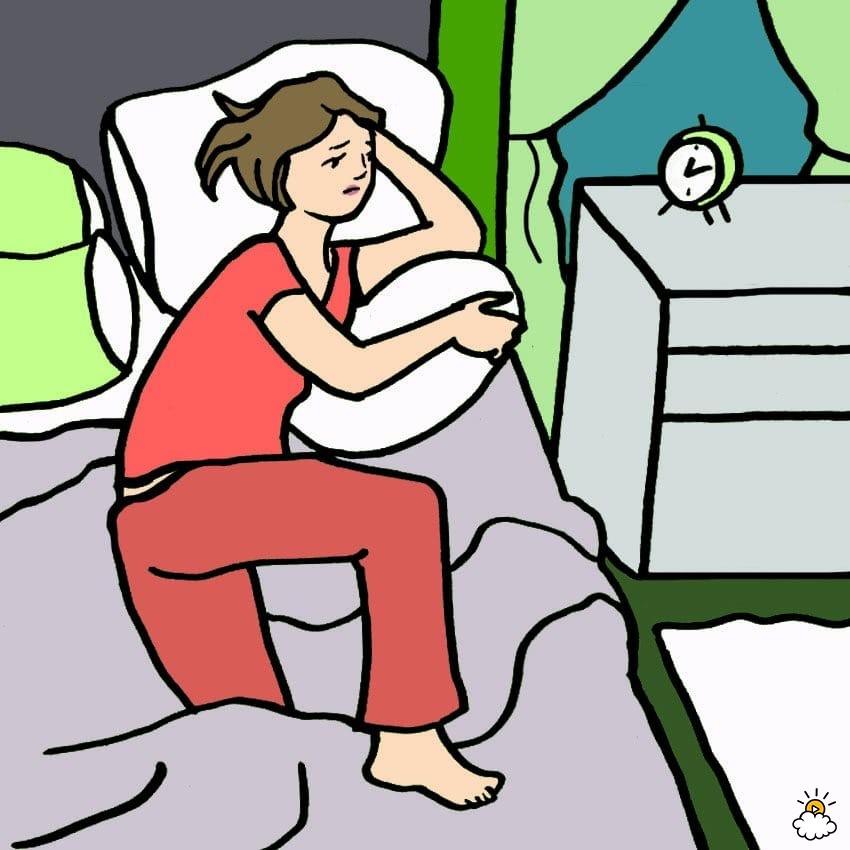
There could be a million reasons why you’re having trouble sleeping, but magnesium is an essential ingredient to a good night’s sleep.

According to My Magnesium Deficiency, patients were able to sleep much better after adding more magnesium to their diets or by taking supplements.
7. Chocolate Cravings
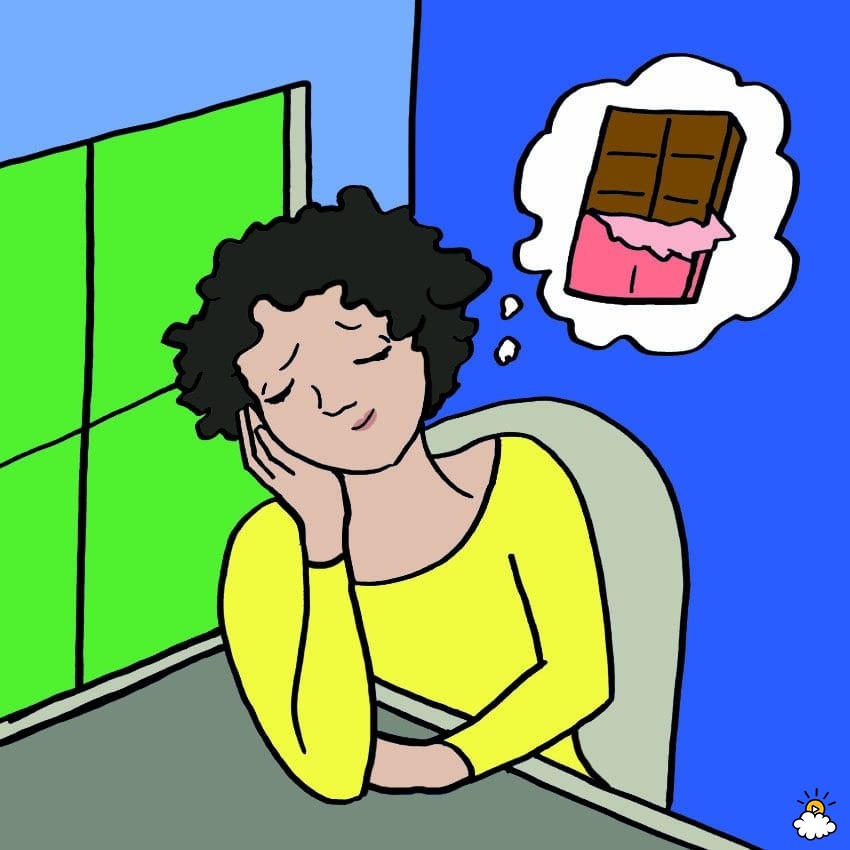
You don’t need to be lacking magnesium to have chocolate cravings, but it certainly can contribute.
Prevention explains that chocolate is high in magnesium, so if you’re craving chocolate, your body might just be craving magnesium.
8. You Take Certain Medications

It’s easy to gloss over the fine print on our medication bottles. With that said, there are some medications that do cause magnesium deficiency.

According to Ancient Minerals, certain antibiotics, birth control, diuretics, asthma medications, and certain heart failure medications all cause a lack of magnesium.
What To Eat To Fix It

If you’re not getting enough magnesium, have no fear! It’s super easy to raise your levels by adding some yummy foods to your diet.

According to National Institutes of Health, foods like cashews, bananas, pumpkin seeds, dark chocolate, tofu, and peas are all great sources of magnesium.
If you know someone who might like this, please click “Share!”


